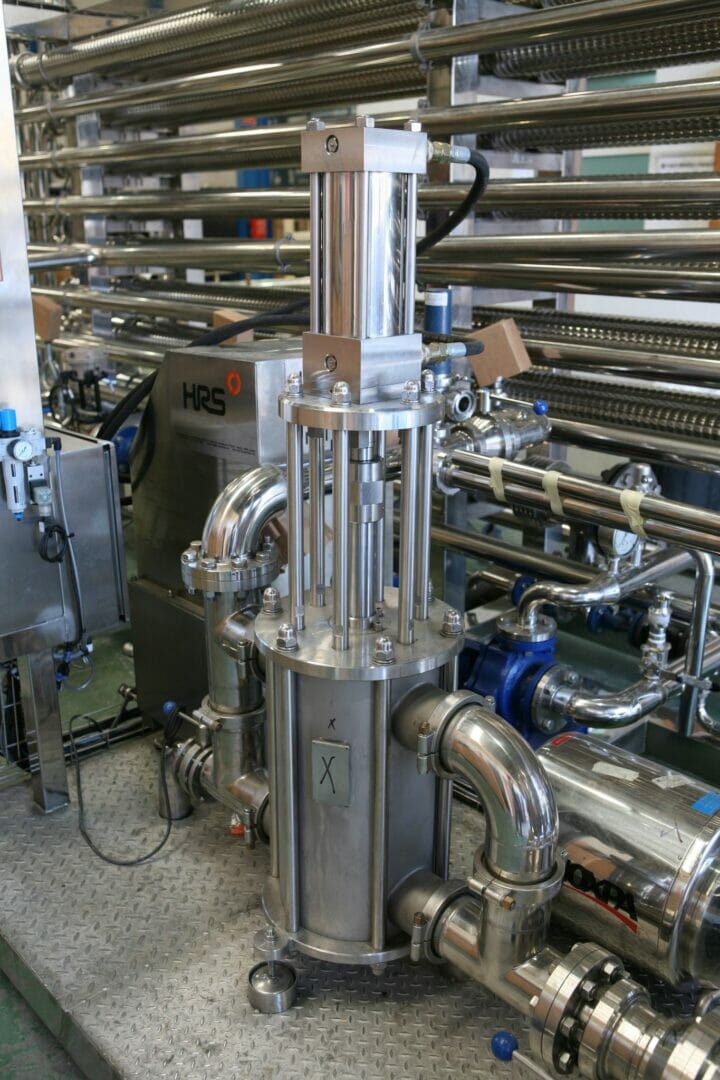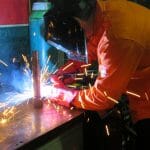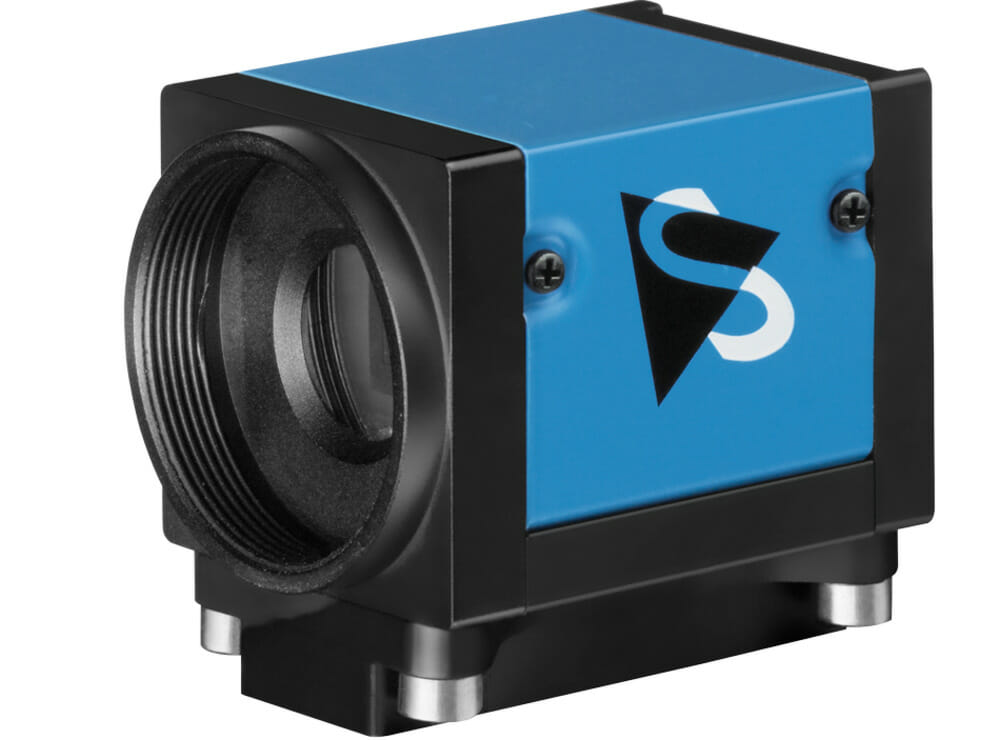By Matt Hale, International Sales & Marketing Director, HRS Heat Exchangers
40 per cent of UK households own a pet, with some 9 million canine companions, together with 7.5 million cats around the country.1 Producing high quality pet food which appeals to pets and their owners and which meets the necessary standards presents manufacturers with some specific challenges.
The total pet food market in the UK is worth £2.9 billion and, unsurprisingly, is dominated by dog (£1.4bn) and cat (£1.2bn) products. In volume terms, sales of wet dog food have declined steadily over the last ten years in the UK, while the volume of complete dry food has increased proportionally, although 254,000 tonnes of wet products are still sold each year (with a value of £324 million). For cats, wet food remains the most popular form of food worth £685 million, with single-serve packaging (pouches and foil trays) outselling the volume of multi-meal packs almost five-fold.1
The heat is on
Different types of food obviously require different types of processing; not only in terms of wet or dry, but also solid pâtés compared to meat chunks in jelly or gravy. However, there is little difference between the processes and equipment used in pet food manufacture and other food and drink sectors. The overall trends in pet food development echo those of our own food; more natural and organic ingredients, better nutrition, and fewer fillers, additives and preservatives.
Delicate handling
The HRS R Series and Unicus scraped surface heat exchangers (SSHEs) are ideally suited for pet food processing, including heating ingredients such as meat slurry, jelly and gravy before further processing, as well as heating or cooling soft meat or fish ingredients.
The patented Unicus Series is designed to provide unrivalled heat transfer of a wide range of difficult meat products which have high fouling potential, but which also need delicate handling to preserve fragile product integrity. In contrast, the R Series uses a patented rotary scraper bar to provide high levels of shear and mixing at the heat transfer surface, dramatically increasing heat transfer rates.
In addition, HRS BP Series high-pressure positive displacement piston pumps are perfect for delicate materials containing particles, such as pet food chunks.
Pet food ingredients such as meat products and slurries need delicate handling to maintain texture and quality. However, they are also comprised of very thick and viscous material which can be difficult to move, making them unsuitable for rotary pumps. Their viscous nature means they have a high fouling potential during heating or cooling which can reduce the thermal performance of heat exchangers.







